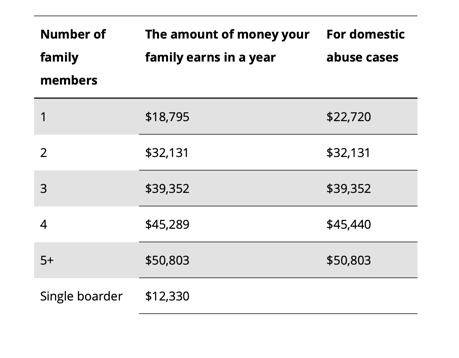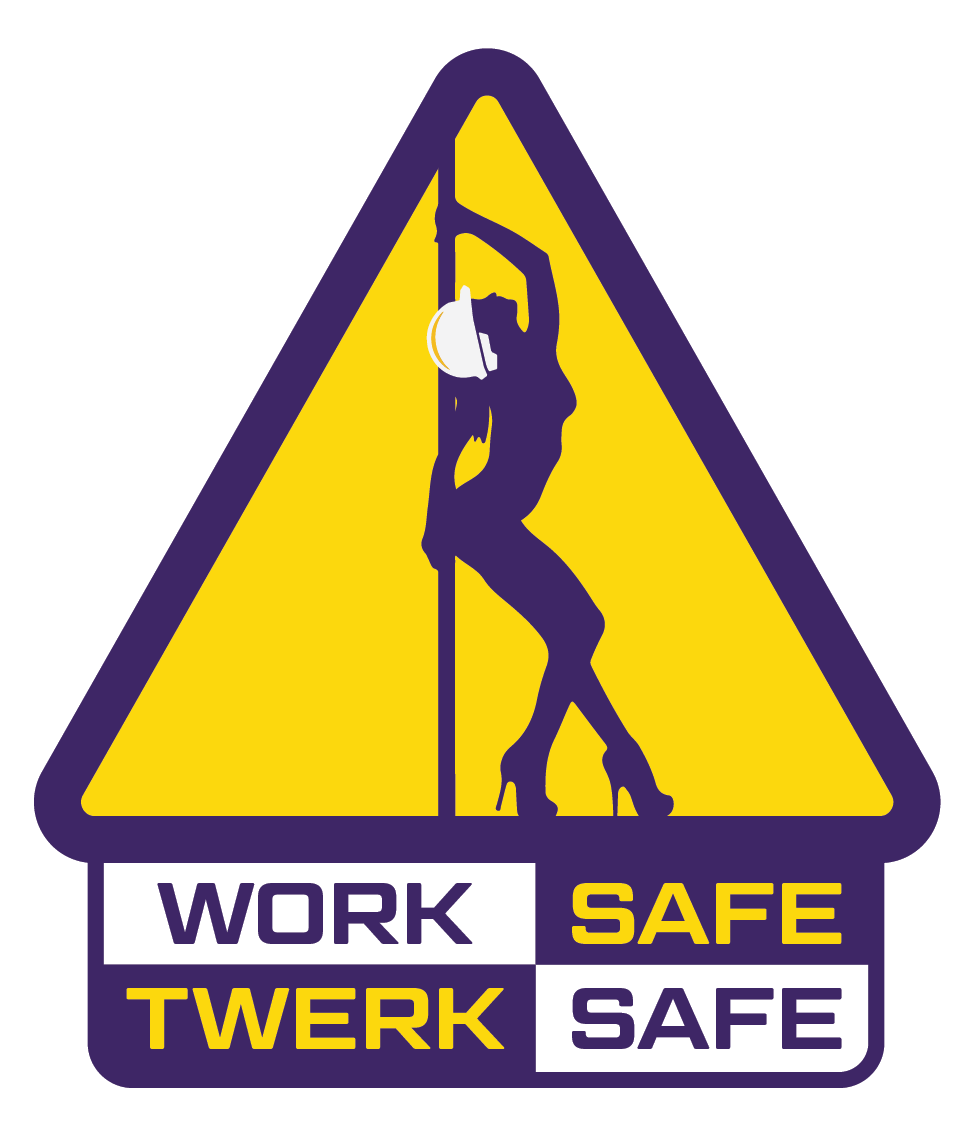
What is legal aid?
Legal aid provides free legal assistance for low-income individuals across the province who meet the eligibility requirements. This can include legal advice, representation and referrals. This post pertains to Legal Aid Ontario (LAO). LAO’s services include:
- Legal aid certificate: a voucher to provide to a legal aid lawyer to represent you on certain kinds of legal matters. Areas of law include some issues in family, immigration/refugee, criminal and mental health law.
- Duty counsel: lawyers who can help you if you arrive to criminal court without representation.
- Legal clinics: there are 59 general clinics, 7 SLASS, and 13 speciality clinics across the province. General legal aid clinics are based on neighbourhoods, which means clients need to fall within geographical region to receive services. You can find your closest community legal clinic here https://www.legalaid.on.ca/legal-clinics/. General legal clinics mainly deal with housing, social assistance, and some employment issues (e.g., OW, ODSP); some clinics offer immigration, family law, and human rights law, while specialized clinics may also offer a range of legal areas depending on the need of their communities. For example, Barbra Schlifer specializes in intimate partner violence (IPV), and there is a Worker’s Health and Safety Legal Clinic; other specialty clinics cater to specific ethnic groups (e.g., South Asian Legal Clinic of Ontario). Most law schools also have legal aid clinics, with students who are able to take on more difficult and time consuming cases including criminal law, and will take clients from across city not just in local area.
The number to call for a legal aid certificate is 1-800-668-8258, or 416-979-1446 in the GTA. When you call the LAO general number, they will provide you with an interpreter on the phone if you need one. There are also specific ethno-cultural clinics which make it easier because the lawyers there already speak the language (no interpreter needed) and are familiar with the specific culture – e.g. SALCO does advocacy around forced marriage and other South Asian concerns. Specialty legal clinics can be found here: https://www.legalaid.on.ca/specialty-clinics/.
If you have a workplace-related need, the Human Rights Legal Support Centre might be the place to go. They offer free advice and representation about human rights issues such as workplace discrimination.
Legal Aid believes in anti-racism, anti-oppression, being open to all clients and not being judgmental. Although it is hard to say if all lawyers in the clinic system adhere to this, the lawyers Roxana knows in the legal aid system have integrity and are sex worker friendly. She thinks it is more likely people will find a lawyer who doesn’t discriminate in the legal aid system than by just seeking out a normal lawyer.
How do I qualify?
The idea behind legal aid is to provide legal counsel for free to those who can’t afford it, so the financial eligibility threshold is quite low. For a 1-person family/household the maximum allowed income is $18,795 per year, and it can go up to a bit over 45,000 per year for a 4-person family (see image below). Unfortunately these thresholds don’t account for discrepant costs of living in different areas of Ontario (e.g., GTA vs. small town).

These cutoffs are strict but if you go to a clinic you may be able to get in if you make a bit more (e.g.. 5-6,000 more). For example, Barbra Schlifer is flexible based on woman’s vulnerability in a violent intimate relationship; in a domestic violence situation the woman fleeing the relationship may be able to negotiate. Although you can apply for legal aid online or by phone, phoning a legal clinic might be better as clinics sometimes have discretionary limits, allowing more wiggle room for eligibility.
In the context of COVID-19, eligibility requirements for LAO have been relaxed for some matters, for example for IPV victims and people being held in jail (bail) or psychiatric institutions; LAO is also giving free legal advice on the phone in relation to Children’s Aid (CAS) or criminal charges. Eligibility requirements are being waived for legal aid applications for the following matters because of COVID-19:
- Urgent Child, Youth, and Family Services Act (CYFSA) matters
- Family court assistance, including initial and motion to change proceedings, for individuals experiencing domestic violence
Psychiatric patients seeking help with Consent and Capacity Board (CCB) and Ontario Review Board (ORB) matters - Criminal defence certificates for in‑custody accused
- Free legal advice (20 minutes) over the phone for family law issues related to CAS or criminally accused without representation
What are some options if I don’t qualify for Legal Aid?
If you don’t qualify for legal aid because you make more than the cutoff amounts, you can still call your local legal aid office and they can refer you to a lawyer who offers sliding scales or payment plans – clinics have better referrals than the general number on the LAO website.
Another option for those who don’t qualify is Pro-bono Ontario, which has a phone line where anyone can get advice (no financial eligibility requirements) and they do a lot of civil issues as well, like wills and estates, real estate, personal injury, which LAO doesn’t do.
The Law Society of Ontario’s Referral Service will put you in touch with a lawyer who will talk to you for 30 free minutes on the phone. To make the most of those 30 minutes, you will have to be prepared to be very specific about your issue. This referral service is also useful for areas LAO doesn’t deal with, such as estate law and small claims.
There is also Justice Net, which is a database of lawyers who work on flexible or sliding scales, which requires you to register for a membership (20-30$).
May 2021 update: The Family Justice Centre has just announced a service for people who can’t afford a lawyer but don’t qualify for legal aid. It includes clinics delivered by family lawyers and law students, and educational resources.
With thanks to Roxana Parsa, a WSTS ally who works in the legal aid system, who presented this information at our legal aid event.

[…] applicants. You may have to find (and pay for) your own legal representation. Check out our post on legal aid clinics to see if you are eligible for legal aid (i.e., free legal advice and representation). It is a good […]
LikeLike
[…] It is best to have someone who understands the legal system counsel and/or represent you through this process. You may have to pay for these services yourself, however you may qualify for legal aid. […]
LikeLike